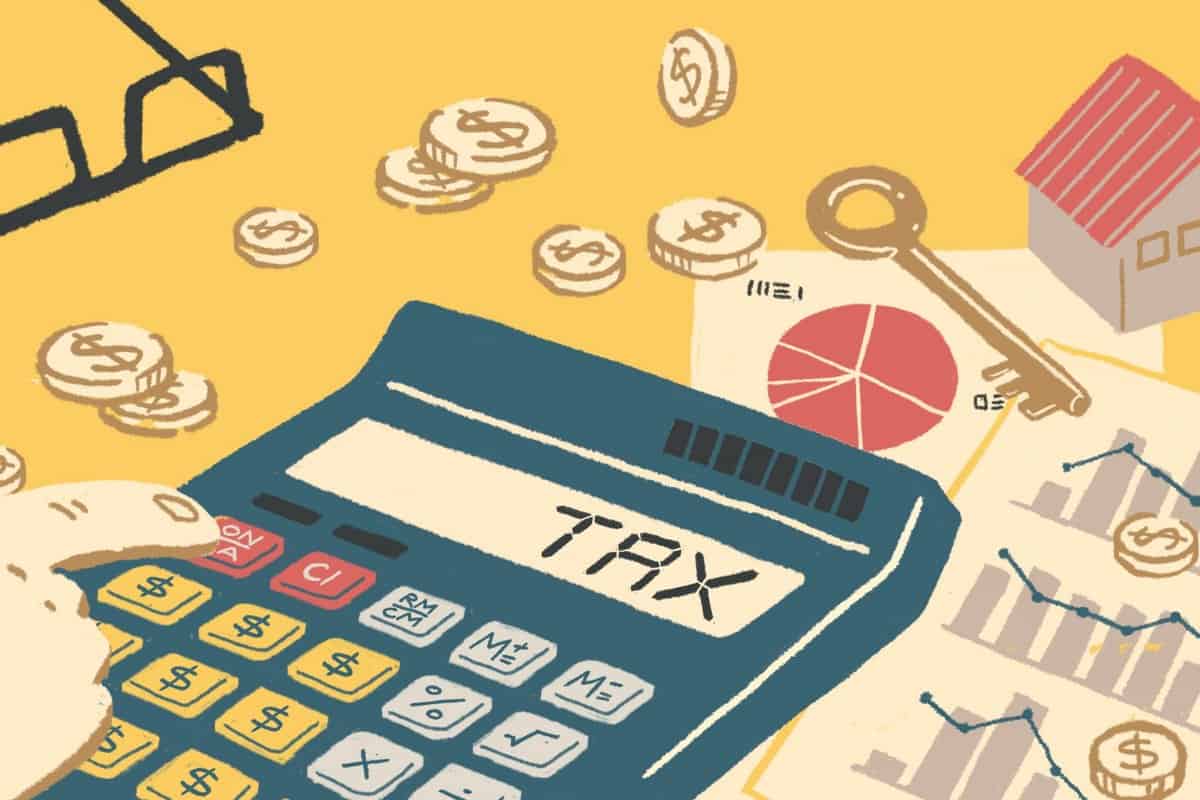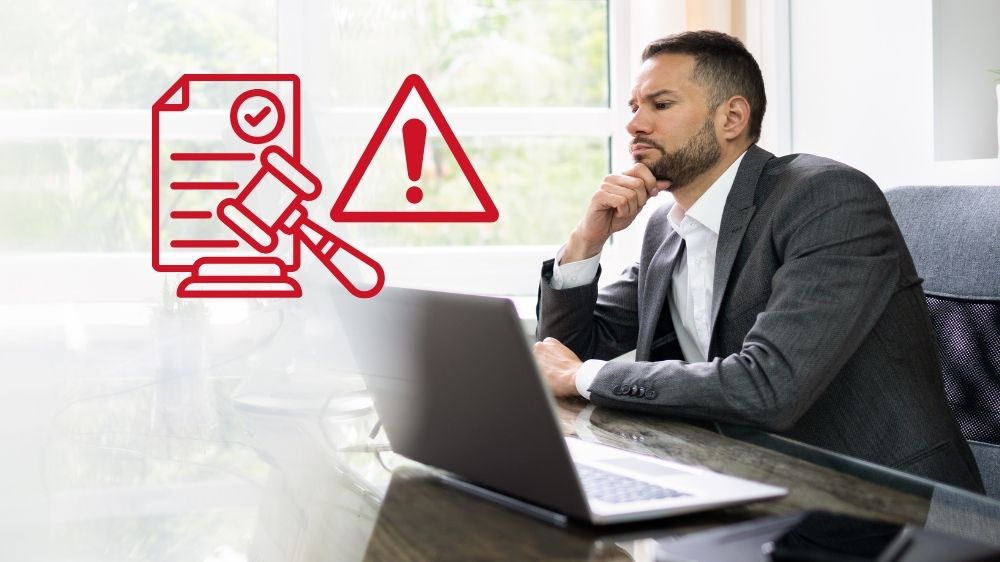The State of Vietnam, on behalf of the entire people, owns and administers land, and land-users own the rights to use land (“land use right”). Ownership and use of land are mostly governed by the Land Law 2003, and its amendments and implementing regulations. On the broadest level of laws, the Civil Code also covers issues relating to land and property.

Land use right certificate
The Land Use Right Certificate is a certificate of ownership of the Land Use Right. With respect to Land Use Right Certificate concerning Apartment Owners, land use rights of the land an apartment building is built on are owned jointly by the building’s unit owners.
At first, the initial Land Use Right certificate is issued to the developer. Then, when the developer sells units in a building, the apartment owner receives a Land Use Right Certificate stating the land is jointly owned and the developer’s Land Use Right Certificate is amended to reflect the joint ownership. For common areas used by one or more apartment buildings, separate Land Use Right Certificate may be issued to the developer or the management company.
Foreign investors in Vietnam could obtain the Land Use Right by way of either (i) capital contribution in the form of the Land Use Right value by the local partner to a JVC, or (ii) land lease directly from certain permitted lessors, including the State.
Land Lease
In case the foreign investor does not prefer obtaining the LUR in the form of capital contributions from the local partner to a JVC, or in case a foreign investor wants to set up a 100% foreign owned enterprise, such investor may consider leasing the land directly from the Government after he/she establishes an enterprise in Vietnam. Lessors permitted to lease land to foreign invested companies
Foreign invested companies in Vietnam could lease land from the Government or sublease land from an infrastructure developer. In addition, the current Land Law has allowed foreign invested companies, which are set up by foreign investors in Vietnam to lease land from:
i) Vietnamese economic organizations, including State owned companies, private joint stock companies and limited liability companies;
ii) Overseas Vietnamese; or
iii) An existing foreign invested company which leases land from the Government and develops infrastructure facilities on the land, provided that this existing foreign invested company has paid land rental for the whole land lease term.
The Land Law allows the lessor who has obtained the land under the “allocation” regime to lease his or her land to foreign invested companies. Only one exception where the land obtained by the lessor under the “lease” regime can be subleased to foreign invested companies is the case that the landlord has leased the relevant land before the effective date of the new Land Law, i.e. 1 July 2004, and the land rentals have been prepaid in full for the whole lease term or for the majority of the term providing that the remaining prepaid term is of at least 5 years.
Lease term
The lease term must be consistent with the duration of the approved project provided that it must not exceed 50 years or, in some special circumstances, 70 years. The extension of the lease term may be allowed by the Government upon expiry if the lessee wants to continue to use the land.
Rights of to the land leased
The LUR of foreign investors shall vary depending on the payment arrangement of land rentals. Where land is being leased from the Government, the Land Law contemplates two payment methods for land rental:
i) Annual rental payment (the “Annual Payment”); and
ii) One-off payment of rentals for the entire lease term (the “One-off Payment”).
Under a land lease for the Annual Payment, the foreign invested company could use the land only and is not allowed to transfer, sub-lease or mortgage the LUR.
Foreign invested companies adopting the One-off Payment regime are entitled to transferring land use rights and assets attached to the land (foreign investors with an Annual Payment plan may only transfer assets attached to land); subleasing land and assets attached to the land; contributing land use rights and assets attached to the land as capital to joint ventures; mortgaging or guaranteeing land use rights and assets to credit institutions in Vietnam during the term.
Another additional right of residential housing developers is to sell or lease houses together with the LUR over their project site to others when the foundation of the houses has been constructed thereon. Purchasers can be Vietnamese households, individuals or organizations. Foreign individuals working in Vietnam or foreign-invested enterprises can buy one or a number of apartments in a commercial residential housing zone for their expatriates’ residence, which is subject to certain conditions provided by the law.
Furthermore, the project site can also be transferred to a corporate entity for the latter to continue the project (i.e., project assignment).
Land Prices
The land price may be determined in three ways:
i) By the relevant People’s Committee;
ii) Via auction; or
iii) By land users upon transfer/lease, sublease of land use rights or contribution of land use rights as capital.
The State determines land prices based on actual value of land in normal circumstances.
The provincial People’s Committee is authorized to issue an official land tariff for various types of land every year. Such official land tariff must not be 20% higher than the maximum price or 20% lower than the minimum price in the land price framework provided by law.
The State determines prices for the purposes of:
i) Assessing land use tax, income tax for the transfer of land use rights, land use registration fees, compensation when land use rights are withdrawn by the State, penalties for those that violate the Land Law causing harm to the State, and land rentals;
ii) Putting a project that involves land out for bidding; and
iii) Calculating LUR value when land is allocated without a land use fee.
Lease of Commercial Property
As an alternative to leasing a piece of land, service or software companies may consider leasing an office in a commercial building.
Another alternative is leasing an office or factory from another company located in an IZ or EPZ.
Notarization of Land Contracts
Under the Vietnamese Land Law, all contracts related to land transactions must be notarized at the notary public office, except for the transfer or lease of a property of which the owner or the landlord is licensed to do real estate business.
Land Clearance
Under the Land Law, foreign organisations and individuals and overseas Vietnamese investing in Vietnam are not required to pay compensation and assistance for the resettlement of residents. However, if these have been paid in advance, it will be deducted from the relevant rental.
The State will take charge of site clearance and compensation to displaced land users when withdrawing land for use by foreign organisations and individuals and oversee as Vietnamese. Foreign investors may enter negotiations directly with the current land users regarding site clearance and compensation.
Apartments owned by foreigners
Which residential houses are eligible for sale and purchase?
Residential houses which foreign organizations and individuals are allowed to purchase and own are apartments built under projects on development of residential houses for commercial purposes and not located in areas in which residence or travel by foreigners is restricted or banned.
Who is eligible for purchase of residential houses in Vietnam?
The following foreign organizations and individuals are allowed to purchase and own residential houses in Vietnam:
i) Foreign individuals who make direct investment in Vietnam under the Investment Law, or are hired to work as managers by enterprises operating in Vietnam under the Enterprises Law, including domestic enterprises and foreign-invested enterprises;
ii) Foreign individuals who have made contributions to Vietnam and are conferred orders or medals by the President of the Socialist Republic of Vietnam; foreign individuals who have made special contributions to Vietnam as decided by the Prime Minister;
iii) Foreign individuals who are working in socio-economic domains and posses university or higher degrees, and specialists in field for which Vietnam has demand;
iv) Foreign individuals who marry Vietnamese citizens;
v) Foreign-invested enterprises which are operating in Vietnam under the investment law but not engaged in real estate business, and wish to purchase residential houses for their employees.
What conditions must an eligible person satisfy?
Individuals defined in (1), (2), (3) and (4) above must be residing in Vietnam, permitted by competent state agencies to reside in Vietnam for at least one year, and ineligible for diplomatic or consular privileges and immunities under Vietnamese law. Those people may own only one apartment in a commercial housing development project. In case he/she is donated or inherits another residential house, he/she can only choose to own that apartment while enjoying the value of the donated or inherited residential house.
Foreign-invested enterprises specified in (5) must possess investment certificates or written certifications of investment activities as appropriate to investment forms specified by the Investment Law (investment certificates) granted by a competent Vietnamese state agency. Such foreign-invested enterprises may own one or a number of apartments in a commercial housing development project for its employees. In case the enterprise is being donated or inherits other residential houses (not in a commercial housing development project), it can only own those apartments while enjoying the value of the donated or inherited residential houses.
Can Non-Vietnamese own an apartment permanently?
An eligible individual may own an apartment for a maximum 50 years from the date of grant of the residential house ownership certificates as stated in the residential house ownership certificates. Within twelve months after the expiration of the duration of owning residential houses in Vietnam, such individual must sell or donate his/her apartment.
An eligible foreign-invested enterprise may own apartments for a duration stated in its investment certificate, including also for an extended duration. Such duration is counted from the date the enterprise is granted a residential house ownership certificate as stated in such certificate. Upon the expiration of licensed investment durations or in case of dissolution or bankruptcy of the enterprise, its apartments shall be handled in accordance with the provisions of Vietnamese law.
What are the rights of an apartment owner?
An apartment owner can only sell or donate its apartment after twelve months from the date the ownership certificate is granted to him/her. In case the owner can no longer reside in Vietnam, he/she may sell or donate its apartment ahead of the time limit specified above.
Such an owner has the right to use the apartment only for residential purposes, but is not allowed to lease out, or use the apartment for working or office or for other purposes. The owner can also mortgage the apartment at credit institutions licensed to operate in Vietnam.









